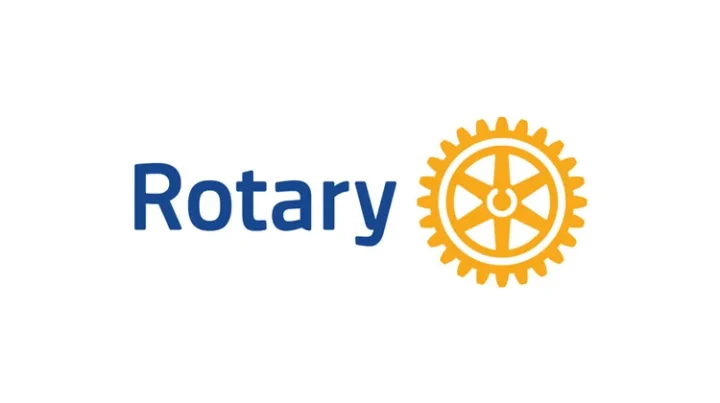Rotary International has extended its commitment to humanitarian service by providing crucial healthcare aid to underserved communities across Nigeria. The initiative, spearheaded by various Rotary Clubs in partnership with local medical professionals, targets rural and low-income areas where access to basic healthcare services remains limited or entirely unavailable.
As part of the outreach, thousands of residents in selected regions have benefited from free medical consultations, drug prescriptions, and minor surgical procedures. The intervention also includes the distribution of essential medicines, health education on disease prevention, and screening services for chronic illnesses like hypertension, diabetes, and eye conditions.

Rotary’s District Governors overseeing the campaign emphasized that the health program is in line with the organization’s global goal of promoting peace and disease prevention. They noted that access to primary healthcare is a human right, and their focus remains on supporting vulnerable populations that are often excluded from conventional health services due to financial or geographical barriers.
During recent missions in parts of Lagos, Kaduna, and Cross River states, Rotary teams mobilized volunteer doctors, nurses, and pharmacists to deliver care at temporary clinics set up in community halls and open fields. Residents, many of whom had never undergone routine checkups, expressed gratitude for the timely assistance.
Speaking at one of the medical outreach events, a Rotary representative, Dr. Tunde Adebayo, explained that the program also aims to raise awareness on preventive care. “We believe that health education is as important as medication. If people understand how to prevent illnesses through hygiene, nutrition, and regular checks, we can reduce disease burden significantly,” he said.
The organization also provided nutritional supplements to malnourished children and pregnant women, with the intention of reducing infant mortality and improving maternal health. In addition, mosquito nets were distributed to households in areas vulnerable to malaria outbreaks, as well as free sanitary products for girls to support menstrual hygiene.
Local leaders have praised the initiative, describing it as a life-saving intervention. Community head of Abule-Oja in Lagos, Chief Amos Olaniyi, thanked Rotary for remembering “the forgotten people” and called on more non-governmental organizations to emulate the effort.
Rotary International has a longstanding history of engaging in public health campaigns, including the fight against polio, which it has championed for decades in partnership with the World Health Organization and national governments. Their current medical missions continue that legacy, adapted to suit emerging health needs.
In addition to physical care, psychological support was also offered in some communities, with mental health specialists brought in to provide counseling and referrals. Rotary officials stated that mental wellness is a growing concern, especially in impoverished areas grappling with economic hardship and displacement.
Going forward, Rotary has committed to expanding the reach of its healthcare initiative by forging stronger ties with state ministries of health and private health institutions. Plans are underway to establish semi-permanent community health posts in strategic locations that will be periodically manned by volunteer professionals.
Rotary leaders further encouraged well-meaning individuals and corporate organizations to contribute resources to help scale the program. “This is not a one-off mission. The goal is sustainability,” said Rotary District Health Chairperson, Mrs. Nneka Okoye. “With consistent support, we can bridge the healthcare gap in many more communities.”
The healthcare campaign is also helping to build trust between residents and healthcare providers, many of whom previously relied on unverified traditional medicine due to lack of access or fear of cost. By offering free, credible services, Rotary hopes to shift public confidence back toward formal health systems.
As the campaign continues to spread to more local governments and remote villages, beneficiaries and stakeholders alike are optimistic that the initiative will leave a lasting impact on community well-being. For many Nigerians living in medical deserts, Rotary’s outreach is more than charity—it is a beacon of hope and a reminder that no one should be left behind in the pursuit of health.
Support InfoStride News' Credible Journalism: Only credible journalism can guarantee a fair, accountable and transparent society, including democracy and government. It involves a lot of efforts and money. We need your support. Click here to Donate
